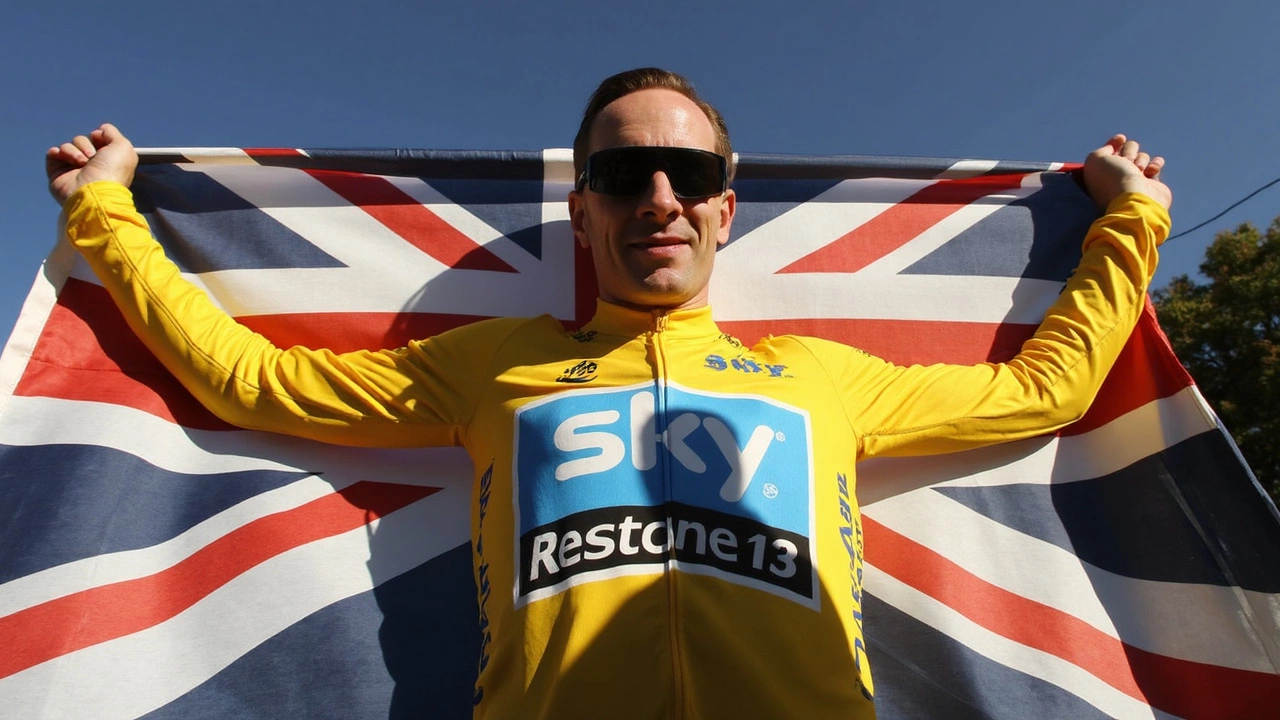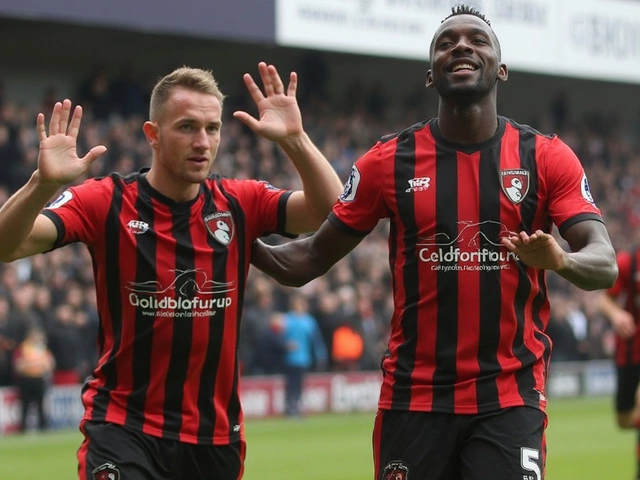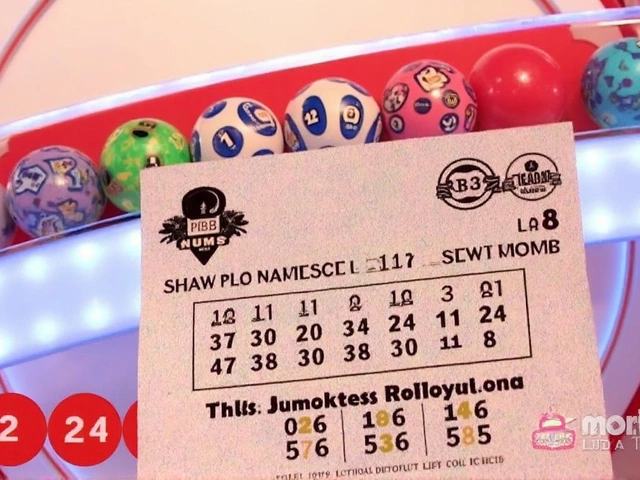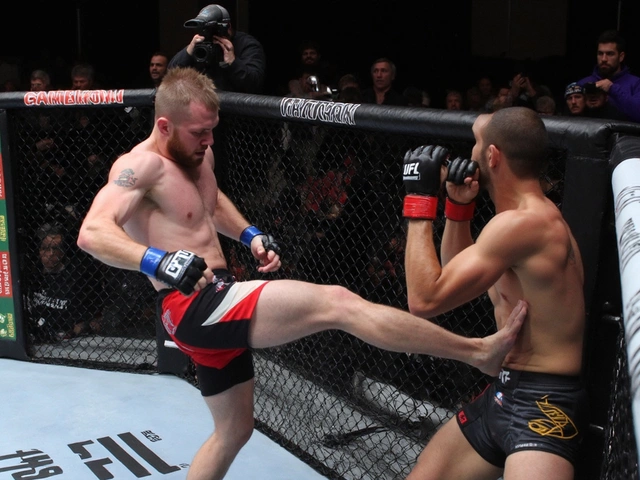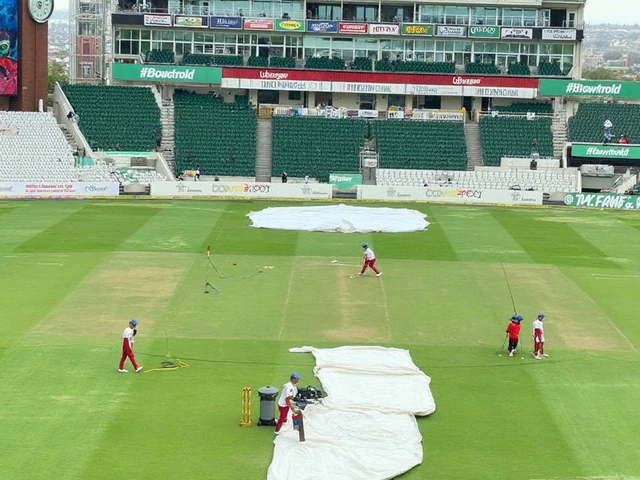Wiggins' Post-Retirement Struggle: More Than a Downward Spiral
Bradley Wiggins was once the golden boy of British sport, carving his name into the history books with a Tour de France win and Olympic medals. But behind the yellow jersey and the victory laps, a much darker reality was unfolding—the kind of story that never makes headlines during the glory years.
After retiring, Wiggins threw himself into a destructive cycle that took him to the edge. He confessed to wrestling with cocaine addiction, saying he put himself in situations so dangerous he could easily have died alone and unnoticed. His family saw the signs long before the public did. "My kids were thinking about sending me to rehab," Wiggins admitted, describing himself as a functioning addict for longer than he cared to believe.
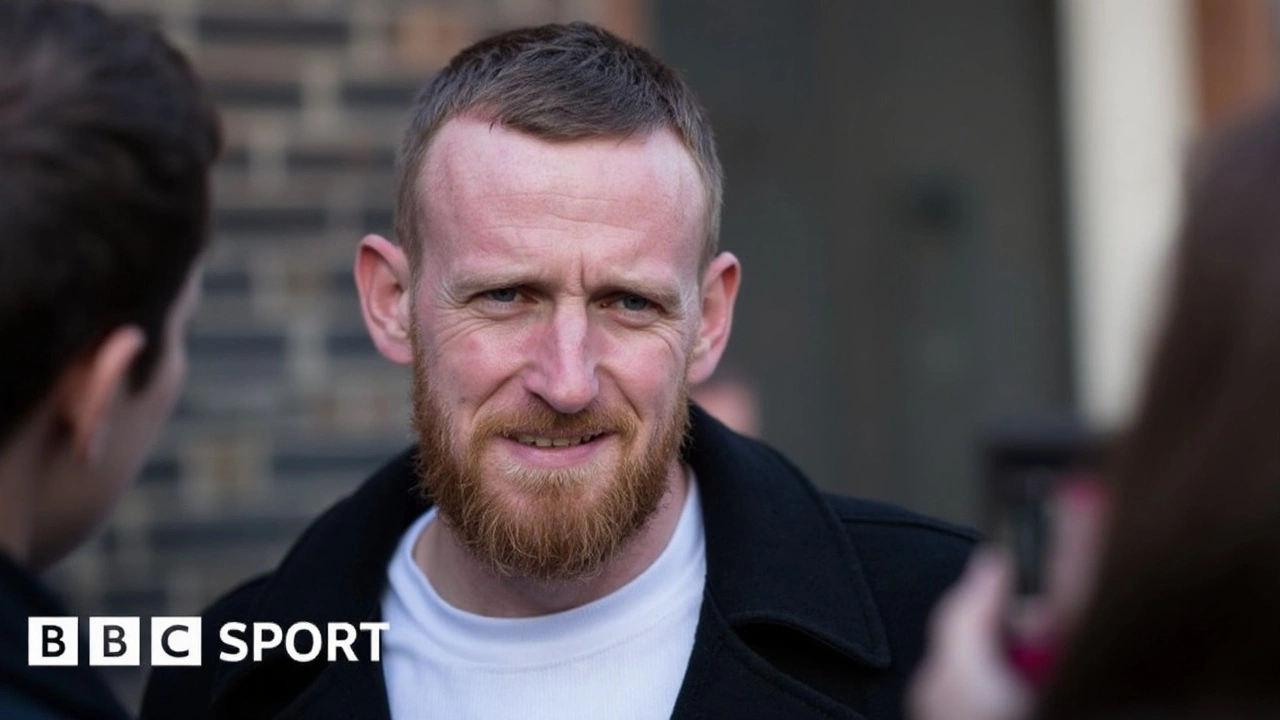
Haunted by the Past: Childhood Pain and Cycling as an Escape
Wiggins drew a straight line from his substance abuse back to a childhood filled with pain. He spoke openly about being sexually abused at 13 by a coach and the deep scar left by his father's absence. Gary Wiggins was a professional cyclist himself, but he died in 2008 without ever building the relationship his son needed. Instead, Wiggins found himself tangled in his mother's ambitions, feeling his own value rise and fall with every turn of the bike pedals. "It became a distraction," he explained, saying chasing medals was easier than dealing with raw emotional wounds.
The successful career hid the torment, but retirement ripped those layers away. In recent years, the blows kept coming: a high-profile divorce from his wife Cath in 2020, spiraling debts that led to bankruptcy in 2023, and no end to legal battles over doping allegations linked to his time with Team Sky. Each event piled onto the weight he already carried.
But speaking out about his old coach brought unexpected consequences—four more people reached out, sharing their stories of abuse, making Wiggins realize he wasn't alone in his pain. For Wiggins, the sense of being "used as a pawn" by his mother in pursuit of sporting greatness only deepened his struggle with self-worth. He was left to sift through memories, trying to figure out whose success he had been living for all along.
Determined to confront his demons, Wiggins turned to therapy in the US. Lance Armstrong—even with his own fall from grace—has been a source of support. Wiggins credits this network, plus a relentless honesty with himself, for the slow turnaround. The road back is tough, but for the first time, he’s taking it one pedal stroke at a time for himself—not for anyone else.
